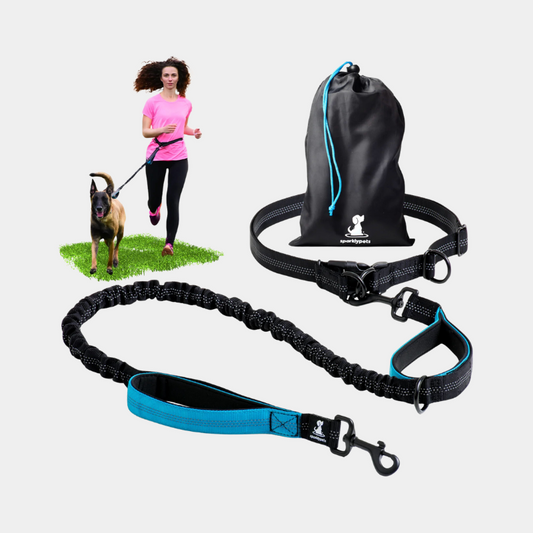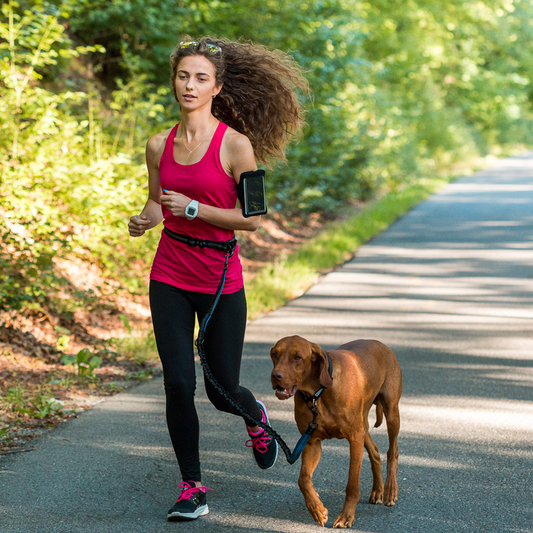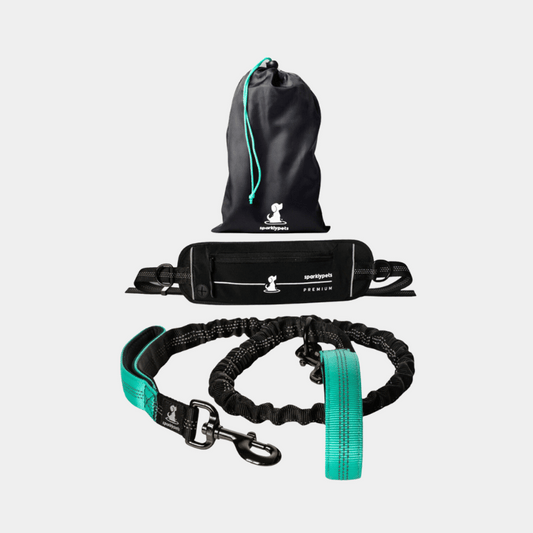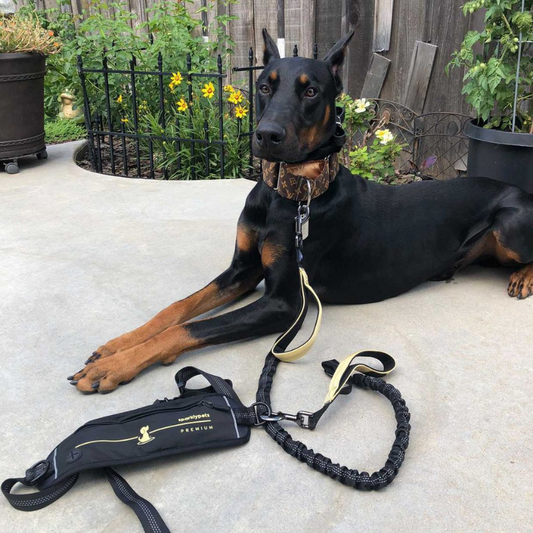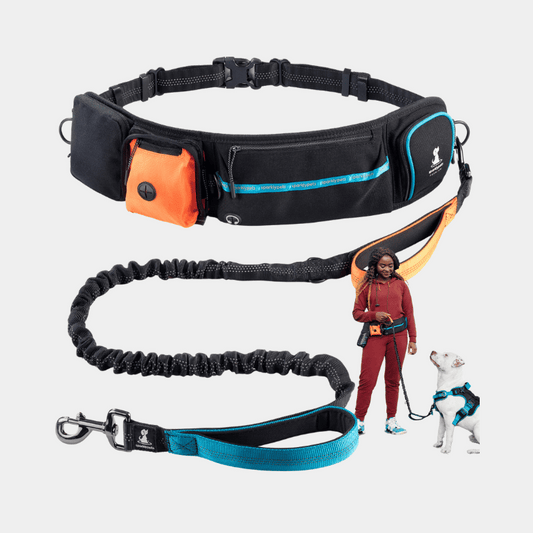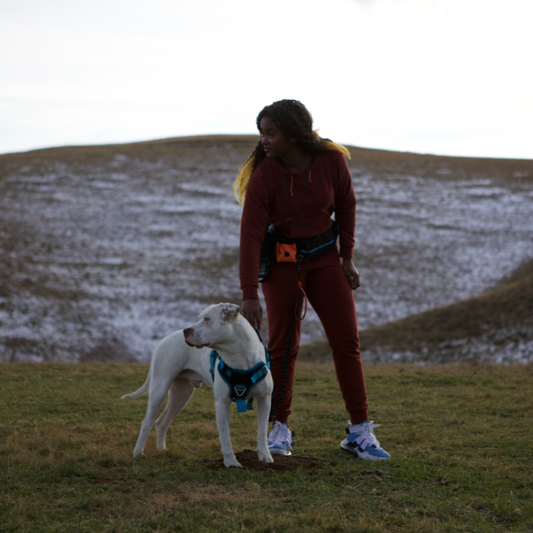We all know those puppy eyes come out to play whenever you’re about to sit and enjoy a meal. Your four-legged adorable little beggar might be interested in your food and would absolutely love a taste of it, but we’re here to advise you to think twice before giving in - and not just because it encourages bad behavior. In fact, not all foods that are safe for humans are okay for pets, which means allowing your dog to taste that dessert might do more harm than good. Continue reading to discover 7 foods you shouldn’t feed your dog.
Chocolate
Starting with a well-known dessert that’s forbidden to your pupper, chocolate is actually toxic for dogs. Ingested, even in small quantities, chocolate, and other foods that contain caffeine (or coffee) may trigger vomiting and diarrhea, along with panting, excessive urination, and a very alert heartbeat. All of this is caused by a substance called methylxanthines, which is present in cacao seeds and caffeine-rich foods and drinks. A notable fact about this is that the darker the chocolate, the more methylxanthines it contains, so be especially wary of darker kinds of chocolate (although we recommend avoiding all kinds of chocolate).
If you notice your dog ate some chocolate, we recommend calling the vet for advice. Depending on the amount of chocolate he ate, you’ll either need to take him to the vet (if he ate a lot of chocolate) or monitor his behavior (if he only managed to eat a small amount).
Grapes and raisins
You might think fruit is okay to share with your dog, but the reality is, some are and some aren’t. For instance, your dog shouldn’t have grapes or raisins, as it can lead to kidney failure and potentially, even death. Scientists have yet to pinpoint the exact substance in grapes that triggers this toxic reaction, but it’s definitely best to avoid feeding your dog this fruit.
If you find your dog snacking on grapes or raisins, seek veterinary help quick, as the effect can be dose-dependent. This means that based on your dog’s size, as well as the number of grapes he ate, your vet might require you to induce vomiting, to minimize the risks. Do not induce vomiting in your dog without veterinary advice.
Onion and Garlic
Delicious condiments for human food, but dangerous and toxic for your doggo. Avoid feeding your pup anything that’s cooked with onion or garlic, even in just powder form as they can trigger anemia, as they can kill off red blood cells in your pet’s bloodstream. Eating onion or garlic will cause your dog to feel lethargic, weak, and can cause vomiting or breathing issues.
While a bite of onion that’s been accidentally eaten won’t kill your dog, it’s best to take preventative measures and call your vet. When doing that, make sure you report on the size of your dog and the amount of onion they ingested, so that your vet can suggest the best course of action.
Dairy products and ice cream
Most animals are intolerant to lactose, outside of the time they are being breastfed as puppies. This means you should avoid feeding your dog any daisy products (yes, including ice cream) as it can lead to bloating, diarrhea, and vomiting.
While there aren’t any life-threatening side-effects when consuming a small amount of dairy or ice cream, we’d recommend avoiding offering these as treats. If your dog ends up enjoying some anyways, make sure to limit his intake to very small amounts and monitor him closely to notice any changes in behavior that could be signs of trouble.


Nuts (Macadamia, walnuts, pecans)
We’ve all seen those funny YouTube videos of a dog licking peanut butter off a spoon and enjoying it thoroughly. When considering if nuts are okay for your dog or not, the answer is yes and no. Some nuts (like peanuts, pistachios, or almonds) are okay in small quantities, as the only risk they pose is the fact that they are high in fat and can lead to obesity (like in humans). However, larger nuts like pecans, walnuts, or Macadamia nuts are a no-no when it comes to treats. Besides the fact that they can cause blocks in your dog’s digestive tract, Macadamia nuts, for instance, are highly toxic to dogs and can have effects similar to the grapes.
Fat trimmings or bones
Bones are the first thing that comes to mind when it comes to doggie treats, right? So what’s the deal with them? Well, while dogs are derived from whiled animals and can occasionally indulge in bone chewing, it’s advised that you watch what types of bones you’re giving your dog. It’s especially needed to avoid boiled or cooked bones (like chicken bones from a broth), as they can splinter and tear the esophagus or other membranes.
Only feed your dog bones when you’re supervising them, to make sure it’s not posing a choking hazard, and avoid offering bones that are cooked, already cut or smaller than their muzzle. These are the ones that pose the highest risks.
Spicy food
We’re not necessarily talking about hot food, although that’s included in this, but rather, food that has been spiced up with spices and condiments. Not all condiments are bad for dogs, but most can be bad for their health. Too much salt, food that’s too spicy or too intense can cause digestive problems in dogs, so it\s best to avoid them.
These are not the only foods that are toxic to dogs, so if you’re unsure whether a specific treat can have harmful effects for your pooch, we strongly advise you do some research before feeding it to him or even asking the vet to see if it’s safe to eat.
If you find your dog eating something they’re not supposed to, or notice abnormal behavior after your pup ate something, seek immediate assistance from a veterinary specialist, to make sure you act in due time if needed.
Keep in mind that dogs are curious animals and best understand new experiences through taste and smell. So make sure to always stay alert and prevent your dog from eating something they are not supposed to.


